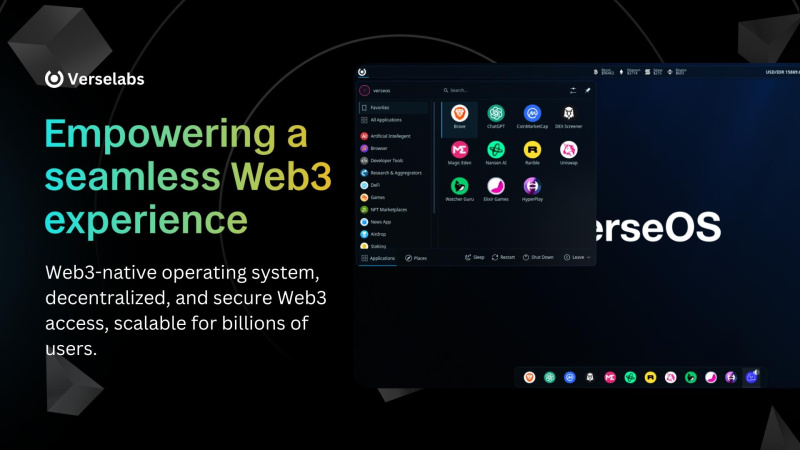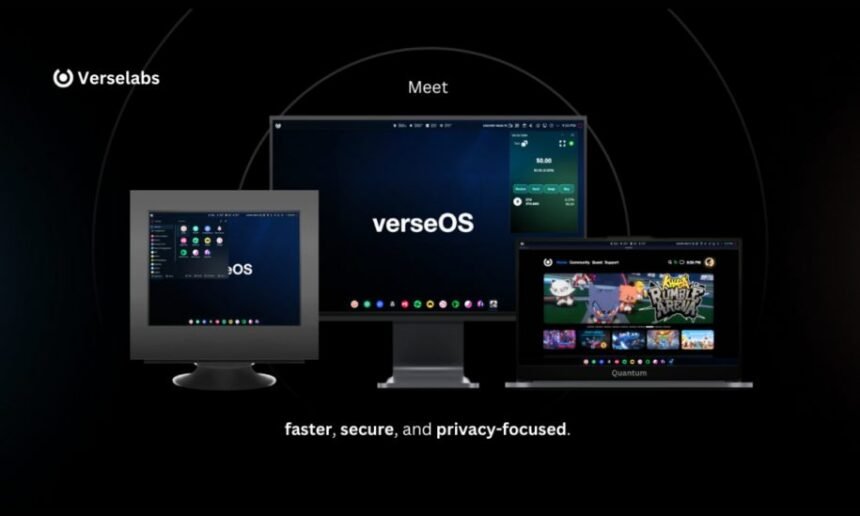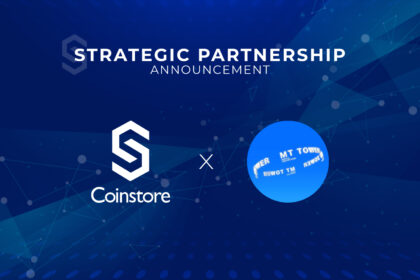For the past three years, the Web3 and blockchain industries have evolved significantly since the bull run of 2021. From the rapid development of DeFi protocols, lending and borrowing platforms, GameFi, decentralized exchanges, metaverses, and NFTs, the ecosystem has demonstrated potential as a multi-billion-dollar market in the coming years. However, despite this growth, Web3 adoption faces a critical challenge: its complexity.
The Barriers to Mass Adoption
For early users, Web3’s intricate landscape can feel daunting. Navigating through multiple wallets, dApps, and blockchains often creates a fragmented and confusing user experience. This results in:
- Missed Opportunities Due to Poor UX: The maze of tools and interfaces deters millions of potential users and billions in untapped revenue.
- Payment and Access Challenges: Without seamless fiat integration, monetizing mainstream users becomes a hurdle.
- Adoption Stalled by Perception: Trust issues and poor accessibility have slowed Web3’s growth as the next big digital economy.
Simplifying Web3 is essential to unlocking its full potential. verseOS, a Web3-native operating system designed to address these barriers and create a clear path toward widespread adoption.
verseOS: Built for Seamless Web3 Access
verseOS offers an all-in-one solution for seamless Web3 interaction, combining intuitive design, decentralization, robust security, and scalability for billions of users. It aims to empower users with a comprehensive and streamlined Web3 experience through four key solutions:
- Unified Ecosystem for Simplicity: verseOS brings GameFi, DeFi, and dApps together in one cohesive platform. No more juggling between wallets or navigating multiple platforms, everything is accessible within a single ecosystem.
- Seamless Onboarding with Preinstalled Tools: With pre-installed applications like verseGate, the built-in wallet enables users to seamlessly manage cryptocurrencies, fiat, and dApps right from the start.
- Developer-Friendly Integration: Developers don’t need to integrate SDKs or port their projects, games, and dApps run as if they’re native, ensuring instant compatibility across verseOS.
- Open Source and Community-Driven: Built on a Free & Open Source OS, verseOS prioritizes transparency and collaboration, continuously enhancing the ecosystem for everyone’s benefit.

Beyond Simplification: A Fast, Secure, and Privacy-Focused OS
verseOS extends beyond simplifying Web3 access by offering optimized performance and robust security, delivering an enhanced experience for both users and developers:
- Speed and Longevity: Unlike traditional operating systems that slow down over time, verseOS maintains consistent performance, even on computers over a decade old. By extending the life of devices, it helps reduce e-waste while saving users money.
- Top-Notch Security: Malware and keylogger detection are built into the OS, alongside hardware-based security with TPM modules for safeguarding private keys and seed phrases. Integrated MPC features enhance wallet security further.
- Privacy at Its Core: Unlike major operating systems, verseOS collects no data and includes no telemetry by default. Users retain complete control over their data, and with its Linux foundation, the code is fully auditable, ensuring trust and transparency.
Addressing the Need for Decentralization
In a landscape where data is often controlled by a few dominant tech companies, verseOS offers a decentralized alternative that prioritizes user empowerment. With no centralized data collection or forced updates, users maintain full ownership of their digital footprint. As a decentralized OS (dOS), verseOS aligns with the values of Web3 itself, where it’s about freedom, transparency, and user control.
Orlando, Co-Founder and CEO, believes Web3 needs a foundational layer that fully integrates ownership, interoperability, and decentralized access directly at the OS level.
Meet the Team Behind verseOS
The vision of verseOS and Verselabs is brought to life by a team of seasoned professionals with diverse expertise in gaming, technology, and blockchain.
- Orlando Nandito .N, Co-Founder and CEO, brings over 12 years of experience in gaming and tech. As a serial entrepreneur, he grew the company into one of Indonesia’s largest game studios, producing over 100+ games.
- Eric A. Sanjaya, Co-Founder and Chief Product of verseGate, is a serial entrepreneur with 15+ years of experience in software architecture. He is the founder of TeamSync and Jakarta AntiVirus, with deep expertise in building high-scale systems with a focus on privacy and security.
- N. Jaya Temara, Co-Founder and Chief Product of verseHub, specializes in backend development and blockchain technology with over seven years of experience.
- Hervy Q. Ainur Rozi, Chief Product of verseOS, is a Computer Engineering graduate and founder of LangitKetujuh OS.
Partnering for the Future: Early Access to verseOS Lite
Verselabs has already partnered with prominent names like Engine of Fury, Badmad Robots, Khugalabs, Sekuya, Creo Engine, MetaClash, Hooyah, Warlands, Saakuru, Chaos Ground, Good Games Guild, TokenGPT, and Valley Ecosystem. As part of their roadmap, the verseOS Lite version will be publicly released on December 18th, 2024. This marks a milestone in empowering early adopters and accelerating Web3 adoption.
Getting involved:
- Joining the Verselabs community: The community provides updates and announcements on Discord and Telegram, keeping members informed.
- Signing up for early access: The website offers access to the waitlist for those interested in becoming early adopters of verseOS.
- Early adopters can explore verseOS, a platform designed to simplify and enhance the Web3 experience.
For more information, users can visit the official website: https://verselabs.org.
The introduction of verseOS brings Web3 closer to practical, large-scale adoption, offering solutions designed to meet the needs of billions of users worldwide.
About Verselabs
Verselabs is a unified web3 ecosystem that simplifies onboarding and cross-platform compatibility. A foundational layer that fully integrates its principles of ownership, interoperability, and decentralized access directly at the OS and Hardware level.
Updates are available through: Website | Whitepaper | Discord | Twitter/X









